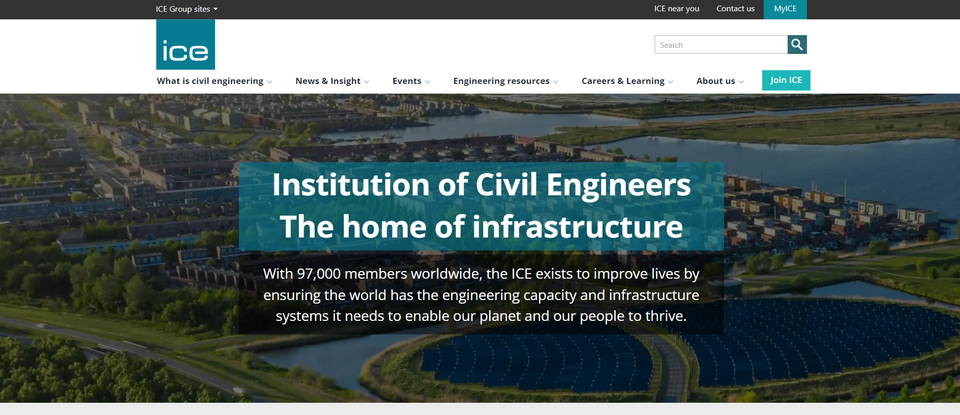The "EAGLE" organizational paradigm (D6)
The new Eagle Organizational Paradigm provides users with a straightforward, powerful, and innovative approach to enhance their efforts to stay competitive in challenging business environments.

The Eagle organizational paradigm provides users with a straightforward, powerful, and innovative approach to enhance their efforts to stay competitive in challenging business environments.

From scanning the horizon for opportunities within the Fitness Landscape to outlining specific processes and informal networks within Internal Transactions, a cohesive approach using the same business model elements is invaluable. For example, “Deliverables” are a common denominator of policy outcomes, objectives, goals, and milestones. By recognizing this property, organizations can streamline their focus and start acting with the right balance of resources.
It is also self-evident that any co-creative effort intrinsically relies on People performing designated Roles. VES incorporates both of these characteristics as Participants, and allows the personal interactions between People - a key determinant of organizational agility – to be examined.
This range of factors forms a simple VES vocabulary (VESvocab) which can be used to express any business model. Consequently, the underpinning Value Exchange System (VES) provides a generic yet robust framework for:-
- representing the reality of organizational configurations,
- appraising their performance over any time horizon,
- addressing multiple business challenges.
Further, as many professionals associate a business model with financial modelling, VES can easily be used to incorporate this alternative perspective. It does this by linking its “Deliverables” and "Value Transacting" to activity-based costs and revenues.
This is akin to Activity Based Costing (ABC), a powerful but generally unused technique in the accounting profession and financial managers’ toolbox [1]. However, when VES is expressed as a spreadsheet, it can be used to incorporate costs and revenues associated with Deliverables, thus facilitating financial analysis and planning.
Overall, VES offers everyone, whatever their level in an organization, an invaluable opportunity to reorganize with others their respective contributions and, together, achieve growth and success by getting things done.
[1] M. Quinn, O. Elafi and M. Mulgrew, Reasons for not changing to activity-based costing - a survey of Irish firms.
For the full span of Eagle, download the following...



